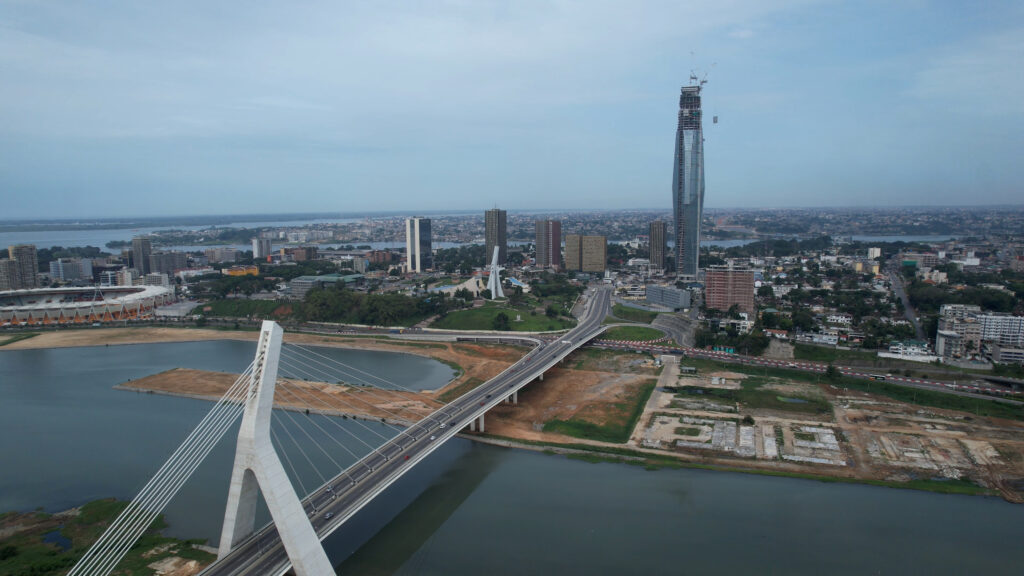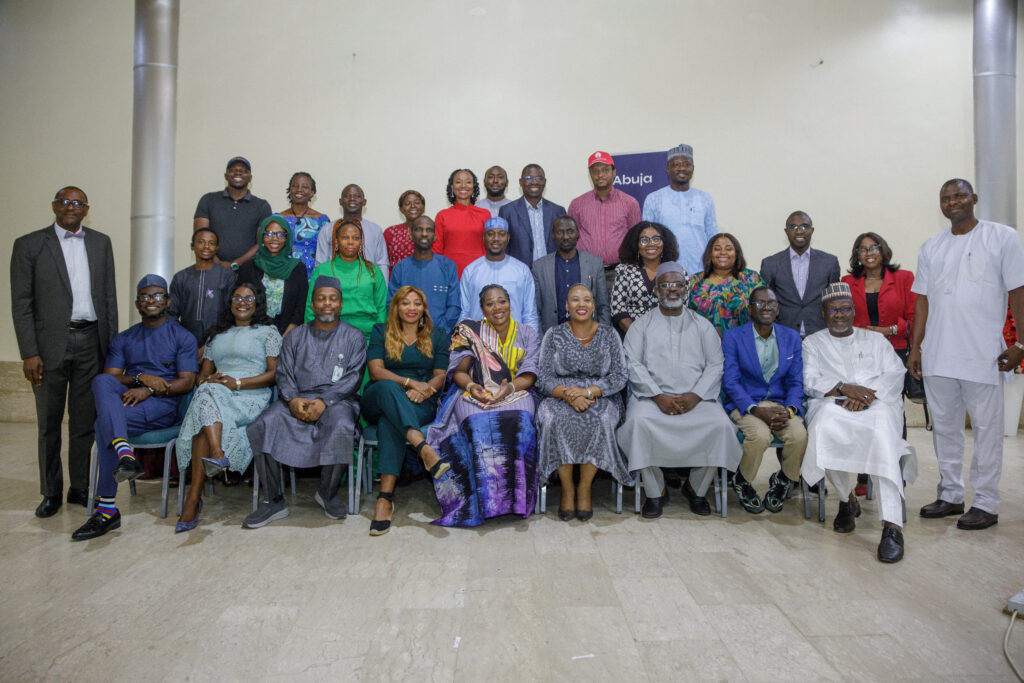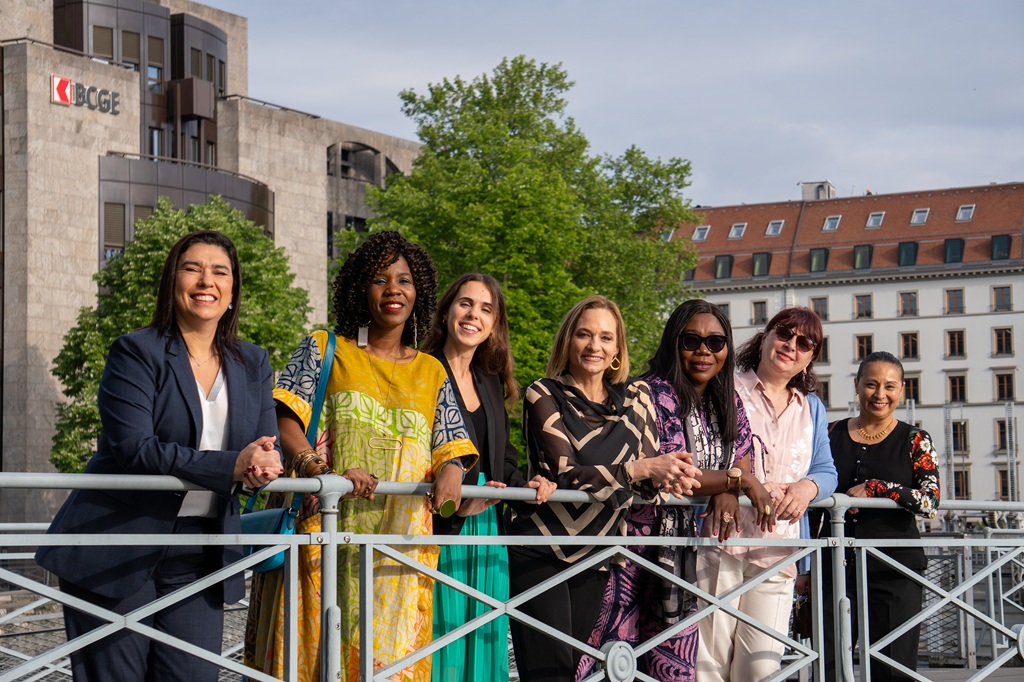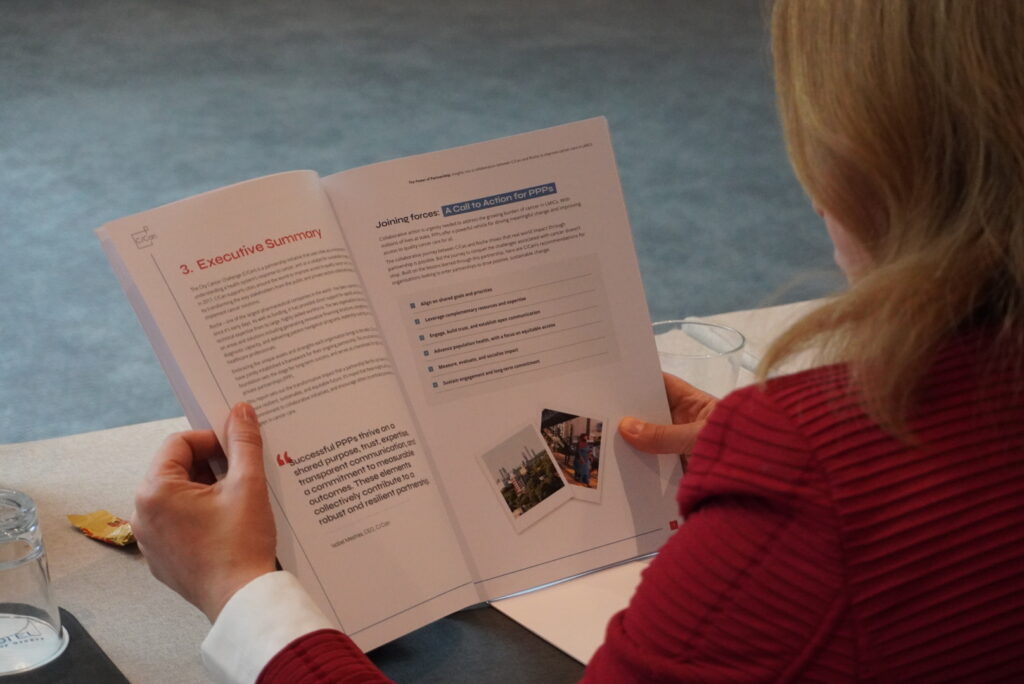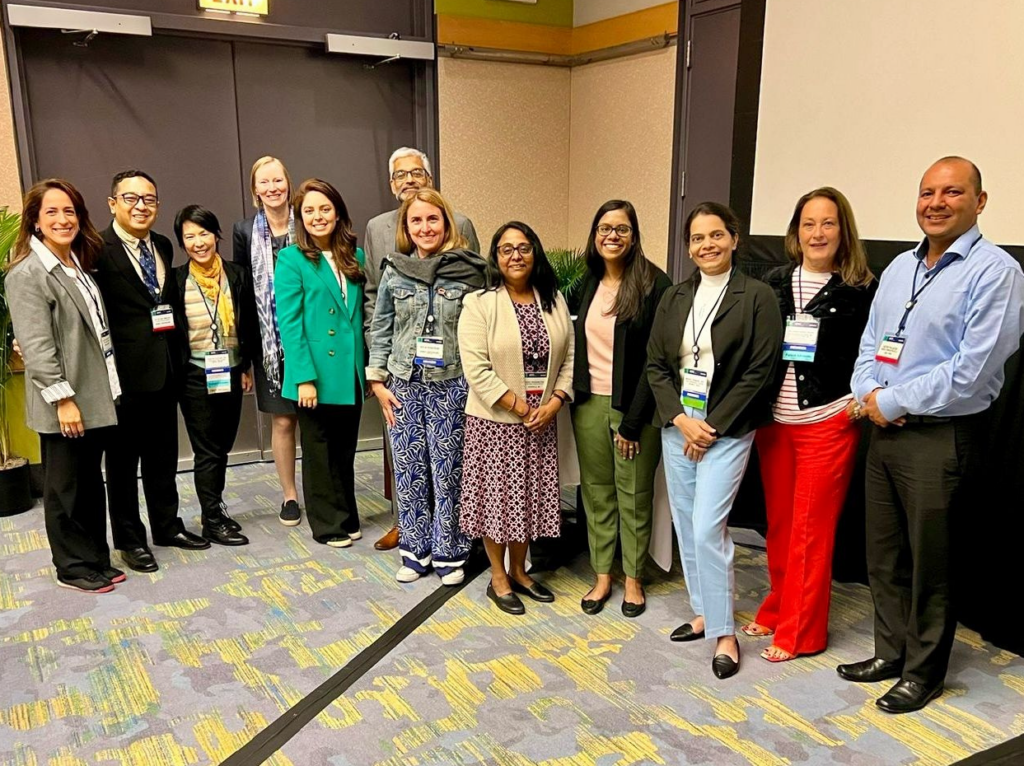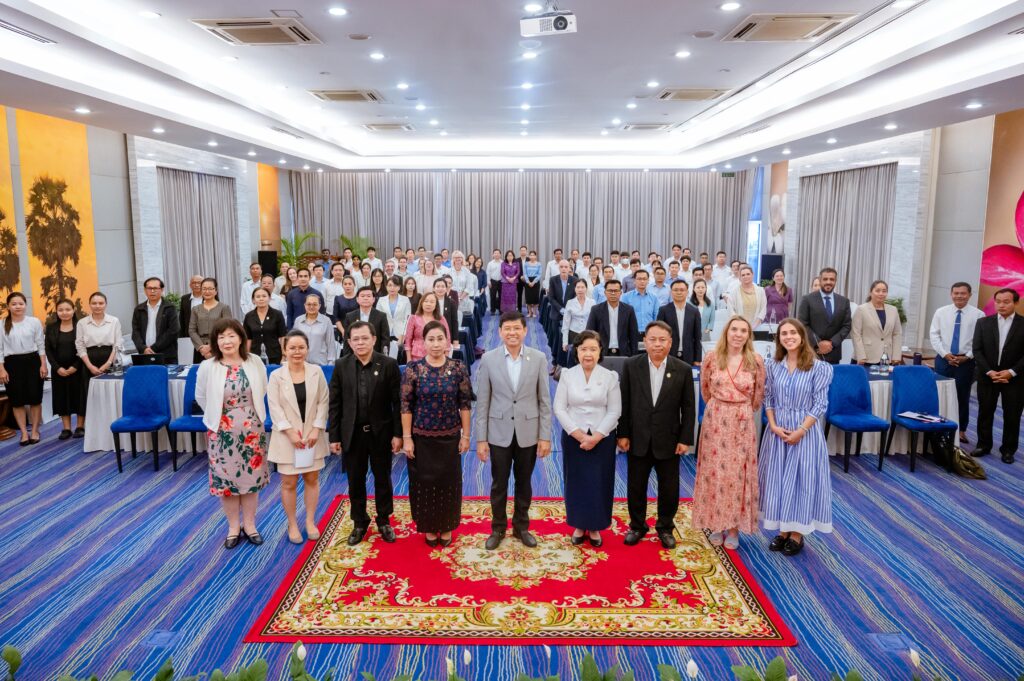
Cities driving change
Cities are increasingly being recognised as the “pulse of a country”. They are able to design and execute policies tailored to local realities and, today more than ever, are showing that they are able to mobilise to confront serious social, environmental, economic and health threats.
City Cancer Challenge’s (C/Can) approach is built on the core principle that cities can drive impact at national level by crafting data-driven, cancer care solutions that reflect an understanding of the unique local context.
How can you support your city?
C/Can recognises that every sector has a role to play and value to bring to designing cancer care solutions that respond to the needs of patients. Multisectoral partnerships at the city level are already showing value by crowding in expertise from different disciplines, and bringing the right stakeholders together.
With the launch of a global call for new cities later this month, there is a clear role for organisations from across sectors, including government, civil society, professional associations, and industry to play.
-
Government and civil society organisations
High-level political commitment and engagement from the institutions and individuals responsible for the planning, delivery and financing of cancer care is essential for the development and implementation of sustainable solutions. In particular, the Mayor or equivalent, the city/regional health department, Ministry of Health and related government bodies are critical stakeholders in the C/Can process, and have been a driving force behind successful applications to join C/Can including by:
- Convening local cancer care stakeholders, including civil society, and raising awareness of the opportunity to join C/Can.
- Learning more about C/Can, and consulting the C/Can City Checklist to assess the readiness of a city to apply.
- Collaborating with civil society organisations to collate the necessary information and local stakeholder support to prepare and submit an application.
Civil society organisations including cancer societies and patient groups are also critical to both driving the C/Can city process, and in ensuring long-term sustainability and impact. This is why we require civil society organisations to lead the initial submission of a city application. This includes:
- Consulting the C/Can City Checklist to assess the readiness of a city to apply, and identifying areas that may need to be strengthened ahead of an application.
- Informing key cancer care stakeholders including government, academia, healthcare professionals, and industry about the City of Tomorrow campaign and the upcoming global call for city applications.
- Collating the necessary information and local stakeholder support to prepare and submit an application using the portal that will open on 21 October 2020.
In Greater Petaling, Malaysia, the latest city to join the C/Can network, two local civil society organisations, worked together to mobilise local support for the city application process that was launched in 2018.
Civil society teams up for a successful city application in Malaysia
Supported by the National Cancer Society of Malaysia and the University of Malaya, Greater Petaling was selected to join C/Can after responding to a call for new cities at the 2018 World Cancer Congress in Kuala Lumpur. The two organisations worked closely together on the application, collecting local cancer care data, and engaging key cancer care decision makers at the district and state levels. They subsequently signed a new Memorandum of Understanding outlining their renewed commitment to continue collaborating to deliver improvements in access to quality cancer diagnosis, treatment and care, including through the C/Can city process.
“We are immensely proud to be selected. Malaysia has been progressing steadily to improve its health delivery systems and through this Challenge, we see the potential to move leaps and bounds in providing better care for our cancer patients.” Dr Saunthari Somasundaram, President, National Cancer Society of Malaysia.
-
Industry / private sector
As key stakeholders in a multisectoral response to cancer care, individual companies and industry associations can also play a role in identifying and mobilising cities to apply to join the C/Can network. In particular:
- Raising awareness through their local affiliates and networks of the opportunity to join C/Can.
- Consulting the C/Can City Checklist to assess the readiness of cities with which they work to apply.
- Supporting civil society organisations to collate the necessary information and local stakeholder support to prepare and submit an application.
In Tbilisi, Georgia, the local pharmaceutical association played an important role in raising awareness of the C/Can initiative and the opportunity to join.
Mobilising multisectoral support in Tbilisi, Georgia
Tbilisi, Georgia joined C/Can at the end of 2018. Georgia’s pharmaceutical association (APRCG) and its members, led by Roche, raised awareness of the C/Can opportunity with local civil society organisations including the Georgian Patients’ Union (GPU). APRCG worked together with other local stakeholders to support GPU with the collection of the data and information needed to complete the application documents.
“It is very inspiring to see that healthcare leaders from governmental, non-governmental organisations and the private sectors are to come together to address the burden and to increase survivorship, and improved outcomes over the years. As Roche, I see we can contribute most by opening up health networks, and sharing the knowledge we have about local health systems.” Maka Asatiani, Roche Georgia LLC
The City of Tomorrow
A new call for applications for cities to join the C/Can global network will officially open on October 21st, 2020. This global application process is supported by The City of Tomorrow campaign. Visit the campaign website for more information about the application process and timeline.
